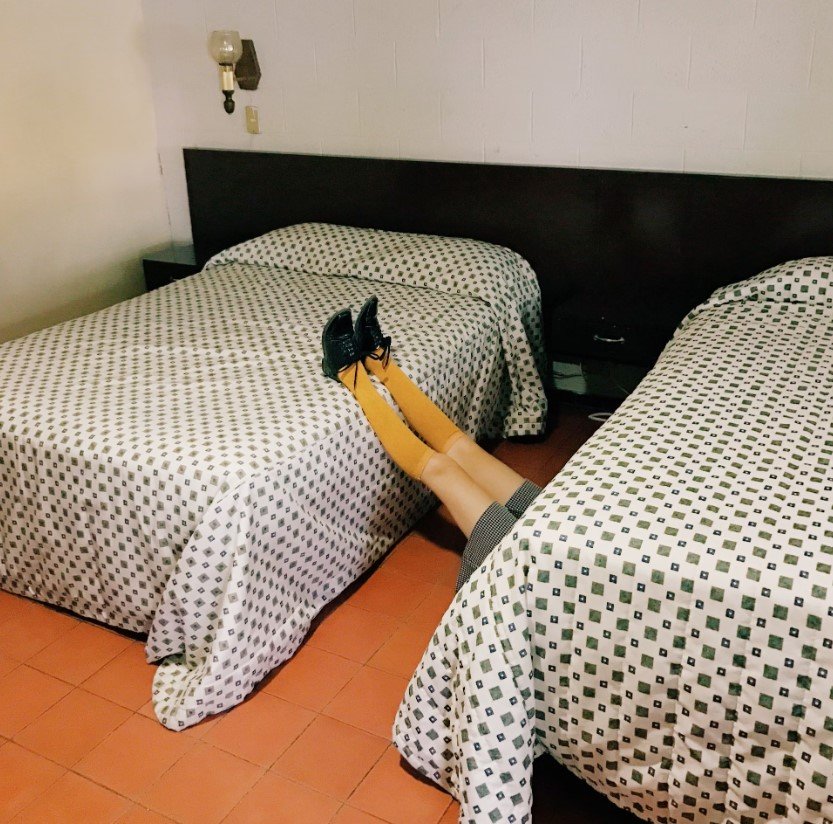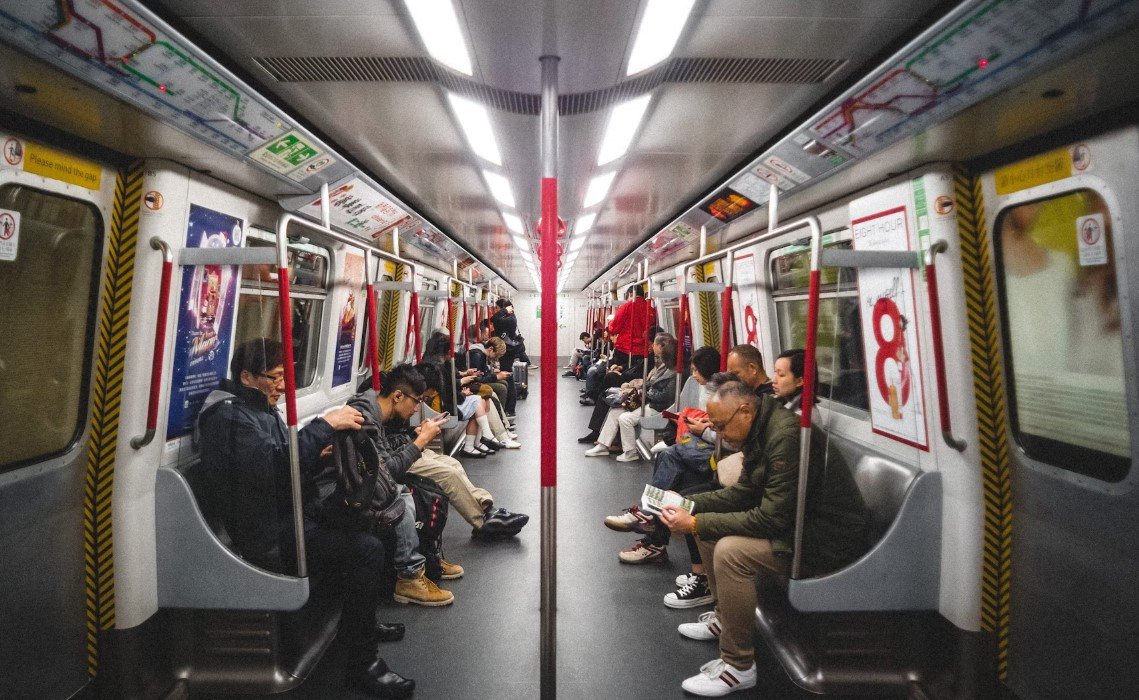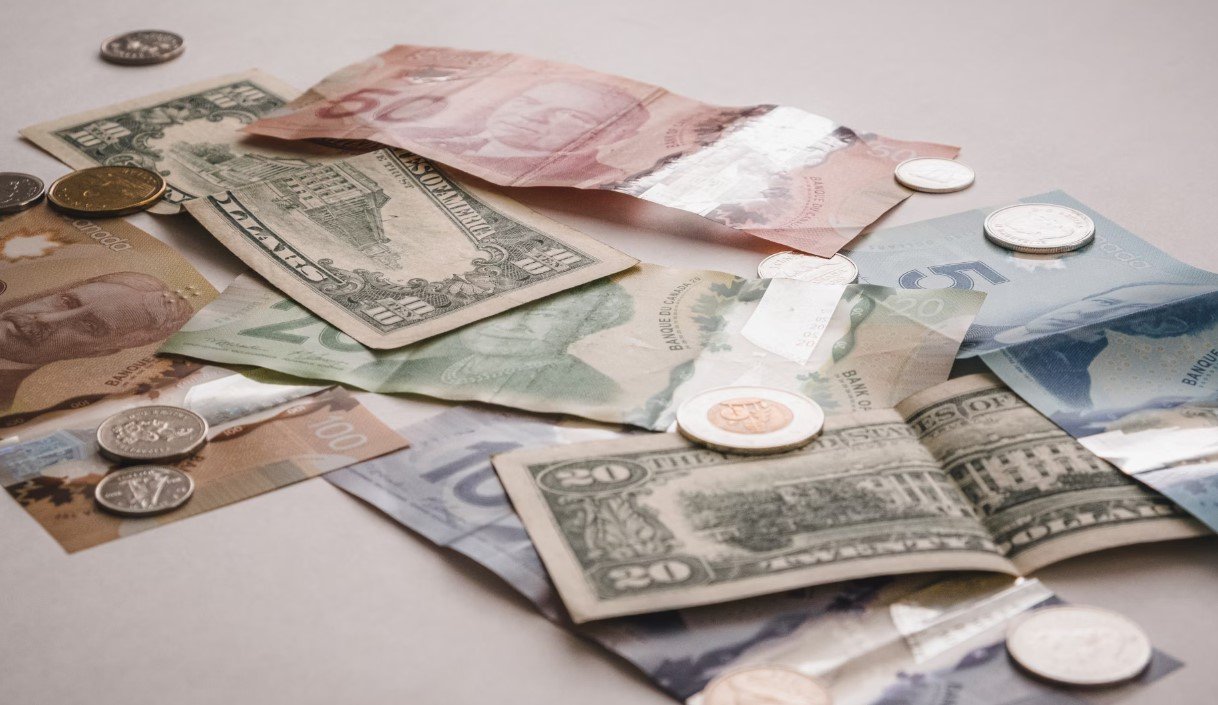Travel
What Are Some Budget-Friendly Travel Tips for Europe?

Travelling to Europe is a dream for many people, but it can be expensive if you do not plan properly. The good news is that there are many ways to explore Europe without spending too much money. This article shares useful tips to help you travel across Europe on a budget. These tips cover transportation, accommodation, food, sightseeing, and general money-saving ideas.
Plan Your Trip During the Off-Season
Travelling during the peak season, usually from June to August, is often more expensive. Everything from flights to hotel rooms tends to cost more. Travelling during the off-season, such as in spring (March to May) or autumn (September to November), can save you a lot of money. During this time, you will find:
-
Lower flight and hotel prices
-
Shorter lines at popular attractions
-
Better deals on tours and tickets
The weather is also still pleasant in many countries during the off-season, making it a great time to travel.

Use Budget Airlines and Trains
Europe has many budget airlines that offer cheap flights between cities. These airlines include Ryanair, EasyJet, and Wizz Air. If you book early, you can find flights as low as €10 to €20. Just remember that these airlines often charge extra for baggage, so try to travel light.
Trains are another great option. The train system in Europe is large and connects most cities and towns. Look for regional or slower trains, which are cheaper than high-speed ones. You can also use a rail pass such as the Eurail Pass or Interrail Pass to save money on multiple train rides.

Stay in Budget Accommodations
You do not have to stay in expensive hotels when travelling in Europe. There are many budget-friendly options that still provide comfort and safety. These include:
-
Hostels: Many hostels offer dormitory-style rooms at very low prices. Some also have private rooms.
-
Guesthouses: These are usually family-run and more affordable than hotels.
-
Budget hotels: Look for 2- or 3-star hotels that offer clean rooms and basic services.
-
Vacation rentals: Websites like Airbnb or Booking.com offer apartments or rooms at cheaper rates.
-
Couchsurfing: This allows you to stay with locals for free. It is also a great way to meet people and learn about local culture.

Cook Your Own Meals
Food can be expensive, especially in tourist areas. One way to save money is by cooking your own meals. Many hostels and vacation rentals offer kitchens where you can prepare food. You can buy groceries from local supermarkets and markets, which are much cheaper than eating at restaurants every day.
If you want to eat out, look for:
-
Street food stalls or food trucks
-
Small local restaurants instead of ones in busy tourist zones
-
Bakeries and supermarkets that sell ready-to-eat meals
Also, have your main meal at lunch instead of dinner. Many restaurants offer lunch specials that cost less than dinner menus.

Use Public Transportation
Taking taxis or ride-hailing services like Uber can get expensive. Instead, use public transportation such as buses, trams, and metros. Most European cities have excellent public transport systems that are affordable and reliable.
Here are some tips:
-
Buy daily or weekly travel passes to save money if you plan to use the transport often
-
Walk or rent a bike for short distances
-
Use apps like Google Maps to check routes and schedules

Take Advantage of Free Attractions
Many European cities offer plenty of free attractions. You can enjoy a lot without spending anything. Here are some examples:
-
Museums with free admission days or discounted times
-
Public parks and gardens
-
Famous landmarks and historical sites
-
Walking tours led by volunteers (some are tip-based)
Always check city websites or tourism offices for free events, exhibitions, or festivals happening during your visit.

Travel with a Reusable Water Bottle and Snacks
Buying bottled water every day can add up. Most places in Europe have safe drinking water, so you can refill your reusable water bottle at fountains or public taps. This helps you save money and reduce plastic waste.
Also, carry snacks like fruits, nuts, or sandwiches. This helps avoid buying expensive snacks at tourist spots or airports.

Book in Advance When Possible
Booking transportation, accommodation, and tickets for attractions early can save you a lot of money. Prices usually go up as the travel date gets closer. You can use travel websites or apps to compare prices and find the best deals.
Things you should book early include:
-
Flights and trains
-
Hostels or hotels
-
Popular tourist attractions or guided tours

Visit Smaller and Less Touristy Places
Popular cities like Paris, London, and Rome are beautiful but often expensive. Consider visiting smaller cities, towns, or rural areas that offer similar experiences at a lower cost. Some examples include:
-
Porto instead of Lisbon
-
Valencia instead of Barcelona
-
Ghent instead of Brussels
-
Bologna instead of Florence
These places are often less crowded and give you a more relaxed experience.

Use Travel Cards and City Passes
Many cities offer travel cards or tourist passes that give you discounts on public transport, museum entry, and attractions. These cards may also allow you to skip long lines. Examples include:
-
Paris Pass
-
Berlin WelcomeCard
-
Rome City Pass
Before buying, check if the included attractions are places you want to visit. Sometimes, it may be cheaper to pay for each thing separately.

Pack Smart and Light
Many budget airlines charge extra for checked luggage. Travelling with just a carry-on can save money. Make a packing list and only bring what you really need. Try to pack clothes that can be mixed and matched.
Useful items to pack include:
-
Comfortable walking shoes
-
A power adapter for European outlets
-
A reusable bag for shopping
-
A travel towel if you are staying in hostels
-
Basic medicines and a first-aid kit

Avoid Foreign Exchange Fees
Using a debit or credit card with no foreign transaction fees can save you a lot of money. Some cards also offer good exchange rates and cashback on travel purchases. Before your trip:
-
Check if your card works internationally
-
Inform your bank about your travel dates
-
Withdraw local currency from ATMs instead of currency exchange booths
It is also good to carry some cash, especially in smaller towns where cards may not be accepted.

Travel with Friends or Family
Travelling with friends or family is a smart way to save money in Europe. You can split the cost of accommodation, transport, and meals. This makes it more affordable than travelling alone. Group bookings often come with discounts for tours, train passes, or museum entries.
Besides saving money, travelling with others makes the trip more enjoyable. You can share experiences, look out for each other, and reduce stress when navigating new places. It also adds a sense of safety, especially in unfamiliar cities.

Be Flexible with Your Plans
Being flexible with your travel dates and times can help you save a lot of money. Flights and accommodation are often cheaper on weekdays compared to weekends. Early morning or late-night flights also tend to cost less, so staying open to different schedules is useful.
Flexibility in destinations can also lead to savings. If one city is too expensive, look for nearby alternatives that are less touristy. Use tools like Skyscanner’s “Everywhere” search to find cheap destinations.
Being open to changing your itinerary lets you take advantage of last-minute deals on transport, accommodation, or activities. This can make your trip more budget-friendly and exciting.
Conclusion
Travelling across Europe does not have to be expensive. With careful planning and smart decisions, you can explore beautiful cities, enjoy local culture, and try new foods without spending too much money. Choosing budget transport, cooking your own meals, and staying in affordable places are just a few simple ways to save.
Remember to be flexible with your travel plans, visit during the off-season, and take advantage of free attractions. Travelling with friends or family can also reduce costs and make the experience more enjoyable. By using these tips, you can have a great European adventure while keeping your budget in check. Europe has something for every traveller, and with the right approach, you can enjoy it without financial stress.
-

 Entertainment1 month ago
Entertainment1 month ago123Movies Alternatives: 13 Best Streaming Sites in 2026
-

 Entertainment2 months ago
Entertainment2 months ago13 Free FMovies Alternatives to Watch Movies Online in 2026
-

 Entertainment1 month ago
Entertainment1 month ago13 Flixtor Alternatives to Stream Free Movies [2026]
-

 Entertainment1 month ago
Entertainment1 month agoGoMovies is Down? Here are the 11 Best Alternatives






